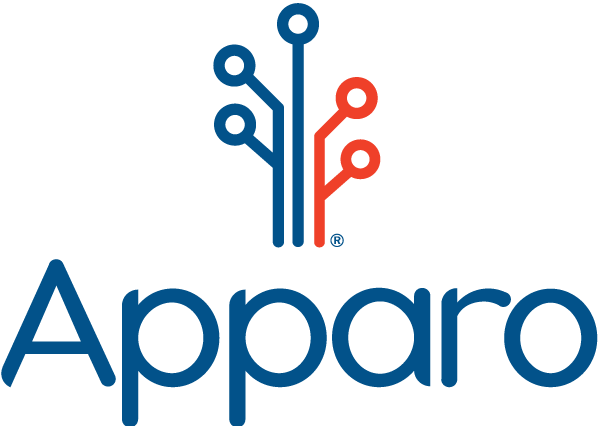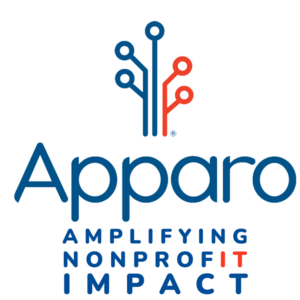Nonprofit technology plan for House of Mercy has helped them thrive as they update their model and expand their critical services to those living with HIV and AIDS.
We met with Latoya Gardner, President and CEO of House of Mercy, 18 months after the completion of their Community Impact Project with volunteer Johann Vaz to learn about its significance and impact over time.
Latoya explains that the tech plan helped create a technology-focused mindset that has been critical as the nonprofit has gone through a period of change.
- Documented policies and workflows
- Rolled out technology across the organization
- Minimized use of paper through electronic case management notes and client intake form
- Added cameras to their facility, eliminating need for security staff
- Implemented DonorPerfect for fundraising
Importantly, these changes have enabled House of Mercy to deliver more holistic, impactful service to their clients, doing more to support their transition to independence
- Freed time for direct service – One hour per client for a total of 600+ hours a year of time saved for two case managers
- Freed time to support launch of new “Positive Connections” program that provides critical emergency assistance and employment service to those who have transitioned out of their core programming
- Freed budget to hire new social worker
- Improved ease of taking notes while talking to client allows for more detailed, thorough information about their progress
- Enabled easy access to detailed notes about each client, enabling deeper conversations
- Improved data capture of scores related to impact on clients
Improved fundraising capabilities
- Freed Latoya’s time specifically, as she was the one transcribing paper notes
- Access to accurate, detailed data that funders want (intake form and outcomes data)
- Ease of storytelling around their impact with data
- Freed administrative time spent around fundraising report (through use of DonorPerfect)
Latoya addresses other important benefits:
- Improved access to and collection of data needed for more strategic and faster management decision making – the demographic information on the intake form allows Latoya to determine if there are gaps in the audiences that they serve and prioritize resources to ensure they are serving the community need to the best of their ability
- Ease of auditing client notes
- Increased employee satisfaction
- Increased data integrity and security
- Improved staff onboarding experience
In closing, Latoya shares her appreciation “Thanks to this Apparo technology plan, I’m saving brain cells and heartache. We have a more strategic, infrastructure-focused approach to all of our management decision making and we are better at executing our trauma-informed approach to serving and empowering our clients so they can live long lives.”


